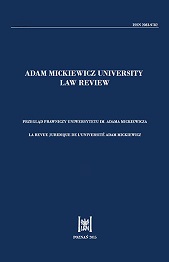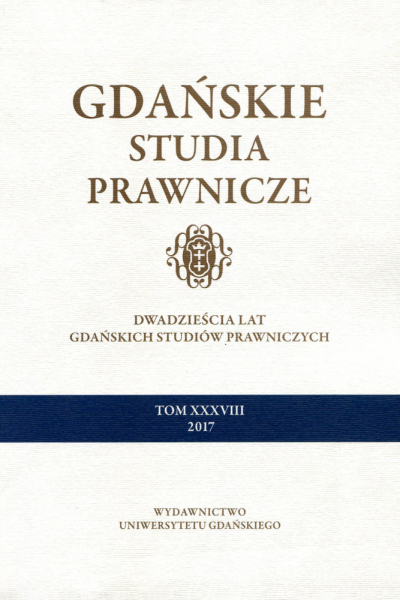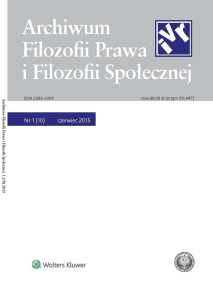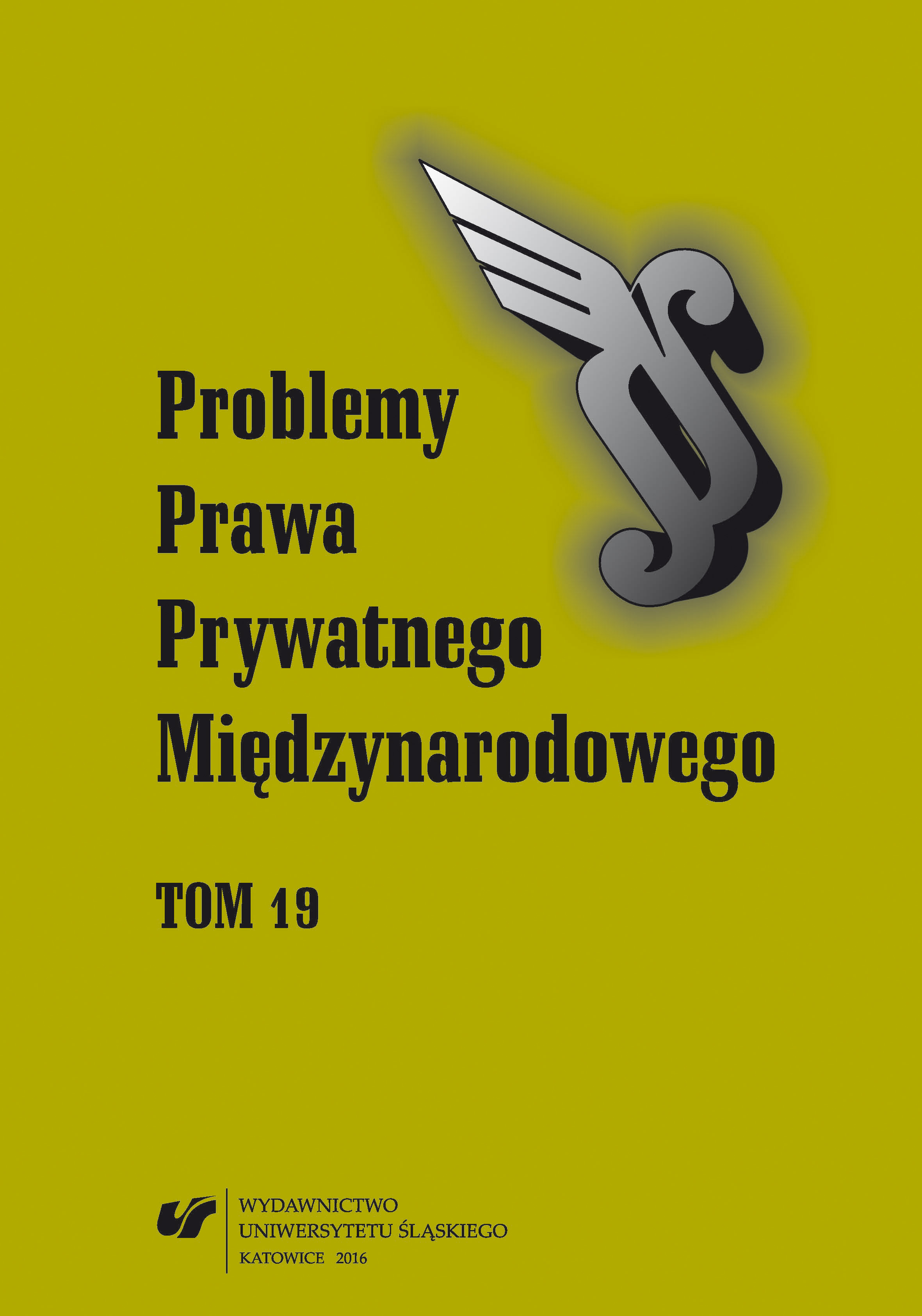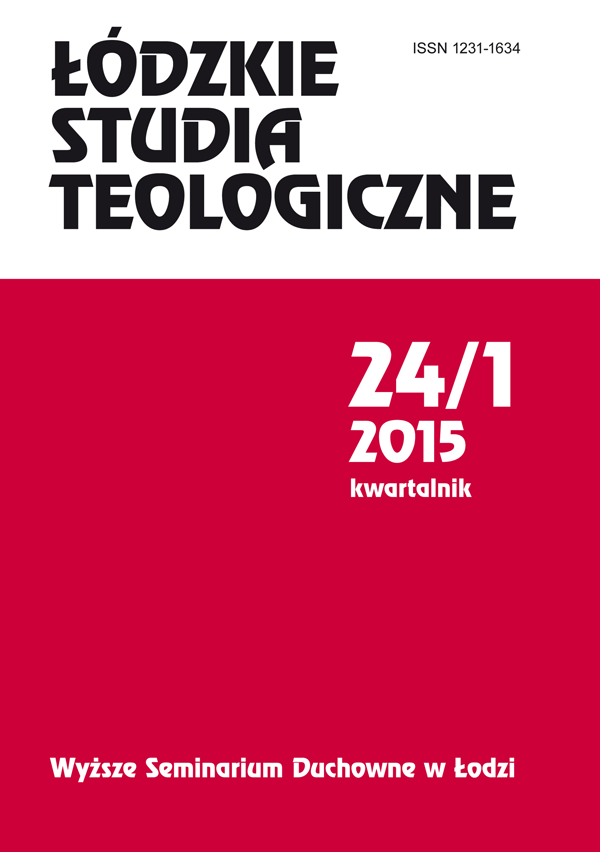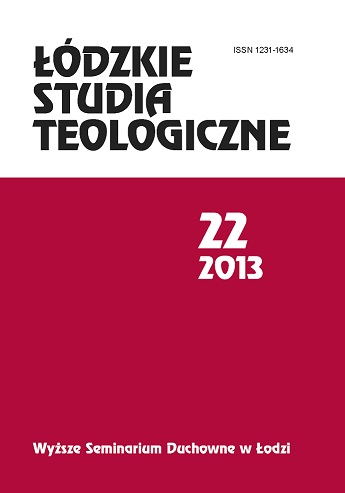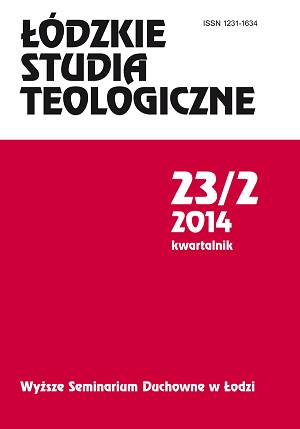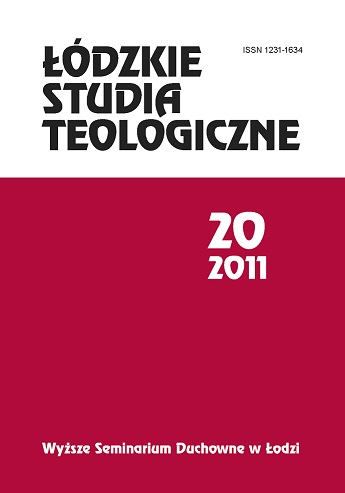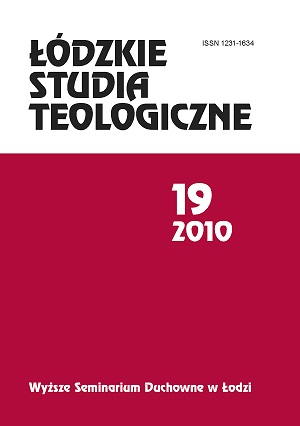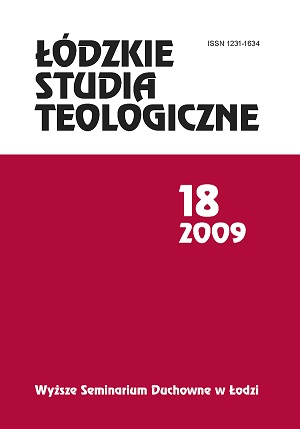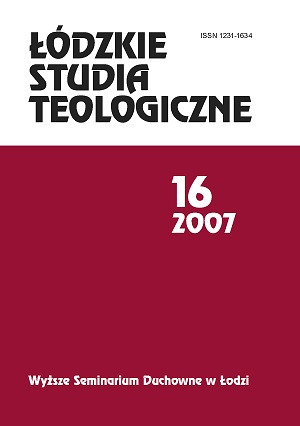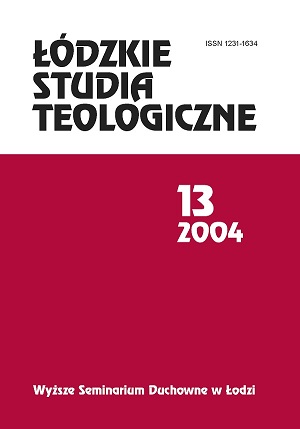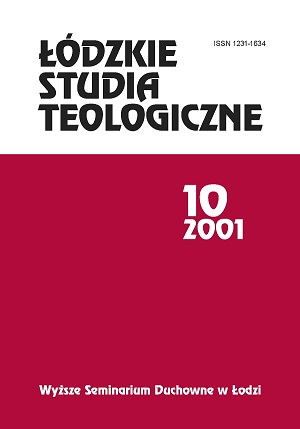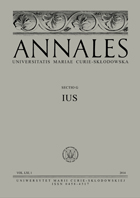
Okupacja wojenna w świetle prawa międzynarodowego: natura, skutki, nowe tendencje
The article discusses international legal aspects of belligerent occupation. It presents legal underpinnings of belligerent occupation, its consequences for occupying powers and local inhabitants, as well as new tendencies connected with international administration of territories and responsibility of the Security Council for maintenance of peace and security. There is a difference between belligerent occupation and so-called “pacific” occupation. The former refers to a situation where the forces of one or more States exercise effective control over a territory of another State without its volition. The latter is based on the consent of territorial sovereign. The regime of belligerent occupation does not depend on the existence of a state of war, nor on the armed resistance to the occupant, which is today especially proved by the status of Palestinian territories. Belligerent occupation does not transfer territorial sovereignty to the occupying power. That is why, international law regulates the interrelationships between the occupying power, the ousted government, and the local inhabitants for the duration of the occupation. International humanitarian law authorizes the occupant to safeguard its interests while administering the occupied area, but also imposes obligations on the occupant to protect life and property of the inhabitants and to respect the legally protected interests of the ousted government, including its cultural heritage. The author argues that the regime of belligerent occupation can be applied to UN post-conflict administrations solely de facto. In this respect, a new class of problems has been created. Those problems are today regulated by a new body of law – jus post bellum.
More...
